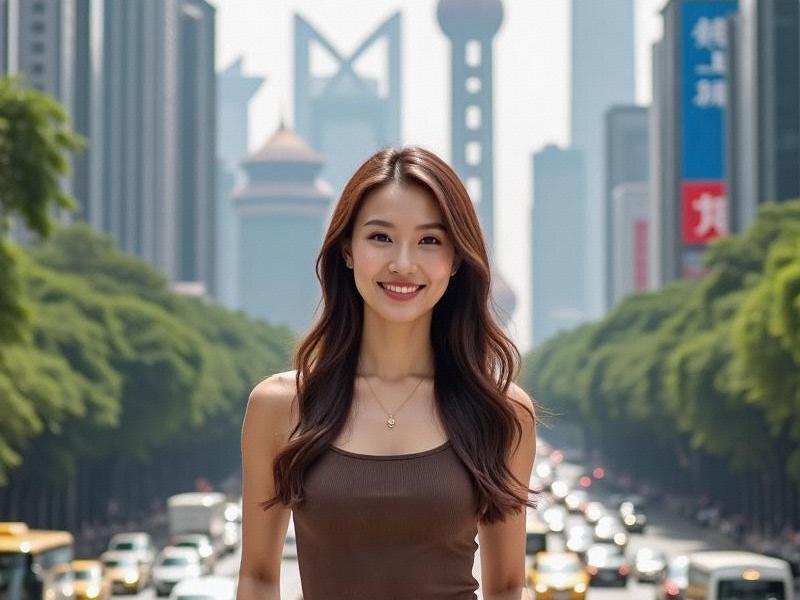
At 8:15 AM in Shanghai's Jing'an district, finance executive Li Wen adjusts her qipao-inspired power suit before a merger negotiation, while 23-year-old digital artist Xia Yu prepares for a livestream showcasing her avant-garde makeup line. These contrasting yet equally Shanghai expressions of beauty reveal the city's complex relationship with femininity in the 21st century.
I. Historical Foundations
1. The Golden Age (1920s-1940s):
- Calendar girl iconography
- Qipao modernization
- Haipai (Shanghai-style) cosmopolitanism
2. Socialist Era Transformations:
• Practical beauty standards
• Gender equality in workforce
• Minimalist fashion
II. Modern Manifestations
1. Beauty Industry Boom:
- $3.2 billion annual cosmetics market
- 48% premium skincare adoption rate
- Plastic surgery trends analysis
上海龙凤419社区 2. Street Style Phenomenon:
• Anfu Road fashion tribes
• Mix of luxury and taobao finds
• Seasonal color movements
III. Professional Power
1. Career Woman Archetypes:
- Bund finance executives
- Tech startup founders
- Creative industry leaders
2. Workplace Aesthetics:
• "Soft power" dressing
• Makeup as professional armor
• Age inclusivity shifts
上海龙凤419是哪里的 IV. Cultural Contradictions
1. Traditional Expectations:
- Marriage market pressures
- Skin whitening debates
- Body image challenges
2. Progressive Movements:
• Body positivity influencers
• Silver hair trendsetters
• LGBTQ+ visibility
V. Global-Local Fusion
1. International Influences:
- K-beauty adaptations
- Parisian chic interpretations
- New York street style blends
上海花千坊龙凤 2. Cultural Export:
• Shanghai fashion bloggers abroad
• Skincare innovation exports
• Beauty tech startups
VI. Future Directions
1. Technological Disruption:
- AR beauty trials
- AI skincare analysis
- Virtual influencer trends
2. Sustainability Shift:
• Clean beauty movement
• Refillable product systems
• Cruelty-free initiatives
The Shanghai beauty ideal continues to evolve as a dynamic negotiation between personal expression and social expectations, commercial forces and cultural heritage. What emerges is not a singular standard, but rather a spectrum of possibilities reflecting Shanghai's unique position as both guardian of Chinese tradition and pioneer of Asian modernity.
